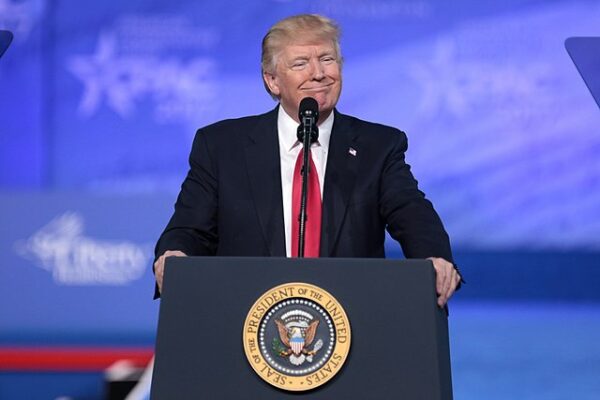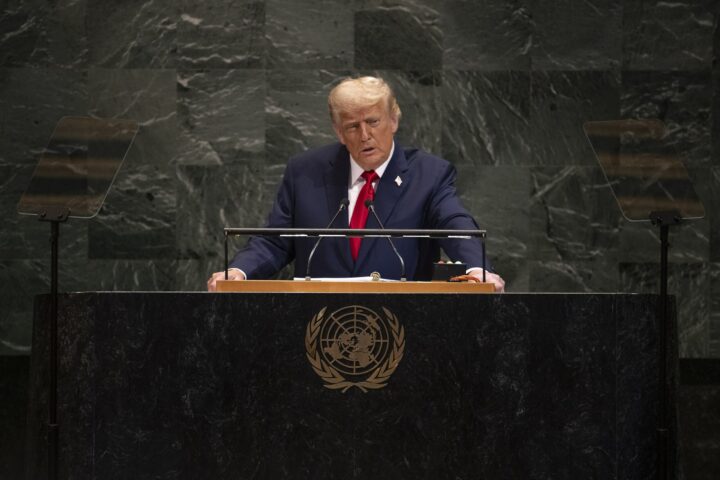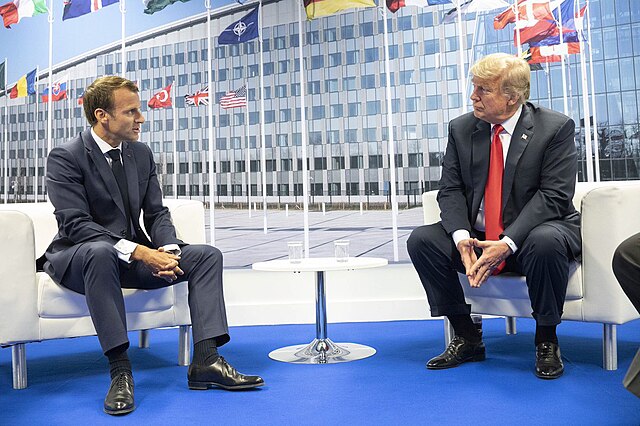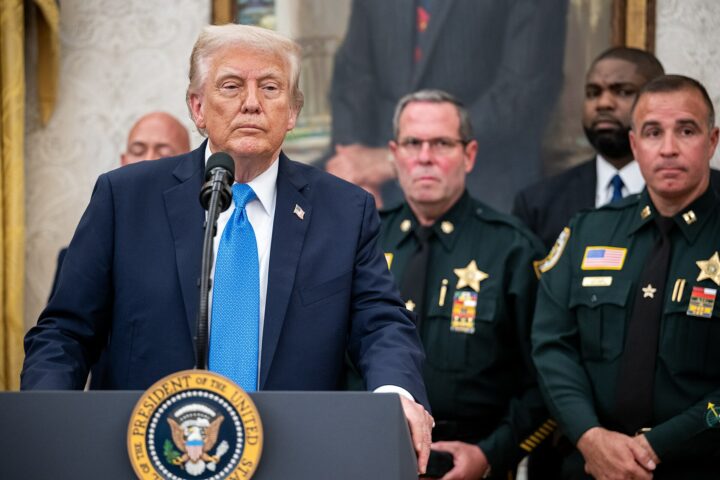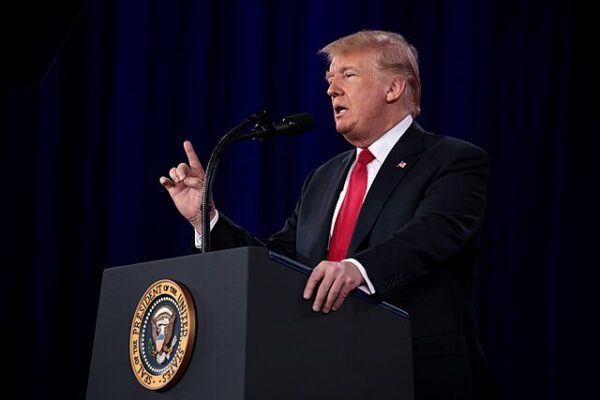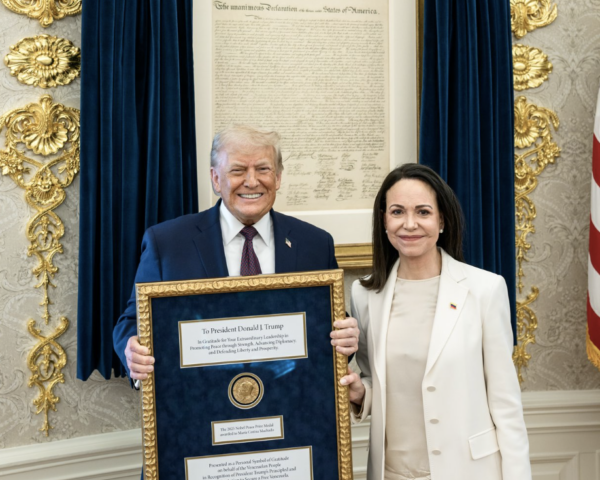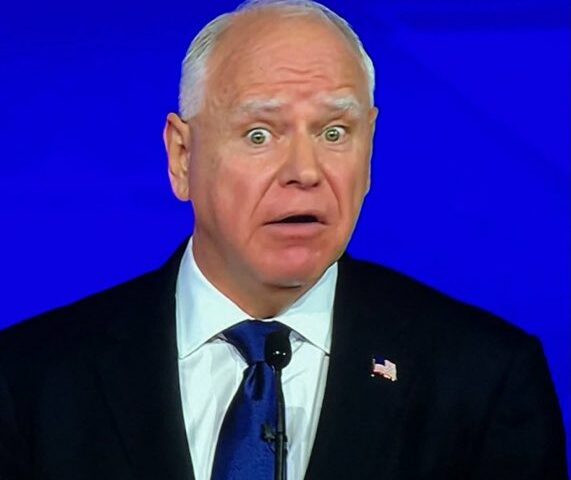In a recent interview with popular podcaster Lex Fridman, former President Donald Trump acknowledged, for the first time, that he “lost by a whisker” in the 2020 presidential election. His concession came amid his continued insistence that the election was marred by fraud, writes The Independent.
During the 45-minute conversation, Trump reiterated his belief that the election was stolen from him, though he admitted his defeat. This admission marks a rare moment of concession from Trump, who has been a vocal proponent of the narrative that the 2020 election was rigged. His claims have played a significant role in shaping his 2024 presidential campaign, motivating a series of legal challenges and influencing new voting legislation introduced by Republican lawmakers across the country.
Trump’s appearance on Fridman’s podcast is part of a broader strategy to engage with online personalities who appeal to younger audiences, particularly young men. In recent months, the former president has been featured on several platforms hosted by popular YouTubers and right-wing influencers, including Logan Paul, the Nelk Boys, and Adin Ross, who presented Trump with extravagant gifts such as a Rolex watch and a Tesla Cybertruck wrapped in an image of Trump. These interviews have allowed Trump to communicate his message in an unfiltered environment, free from the scrutiny of traditional media.
Fridman’s interview, released on Tuesday, touched on various topics, including Trump’s approach to debating in the upcoming election cycle. When asked how he plans to prepare for a potential debate against Vice President Kamala Harris, Trump gave a lengthy response that reflected on his past debate experiences. He nostalgically referenced his first debate during the 2015 Republican primary, famously known for his heated exchange with moderator Megyn Kelly, where he dismissed criticisms of his derogatory comments about women by saying, “only Rosie O’Donnell.”
Despite his acknowledgment of a narrow loss, Trump doubled down on his claims of election fraud when Fridman asked him about the concerns of independent voters who are troubled by his assertions. Trump’s response was a reiteration of his belief that the fraud occurred on the other side, insisting that the integrity of future elections depends on the ability to challenge results.
Trump has advocated for the exclusive use of paper ballots, mandatory voter ID laws, and same-day voting with proof of citizenship—policies that he argues would prevent voter fraud.
Recently, Congressional Republicans included a proof-of-citizenship bill as part of a spending package to keep the government open. The Hill reported that the House Freedom Caucus “took an official position this month urging Speaker Mike Johnson (R-La.) to attach the measure, dubbed the Safeguard American Voter Eligibility (SAVE) Act, to spending legislation next month.
Since then, the GOP conference’s right flank has only ramped up public calls for the move, which has also seen some pickup in the upper chamber and among prominent figures such as tech mogul Elon Musk, as the party looks to seize on immigration as a key campaign issue ahead of November.”
The bill will need to be passed by September 30 in order to keep the government open.

